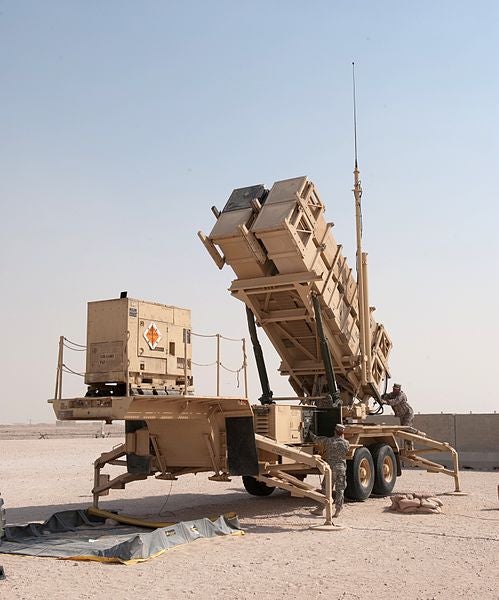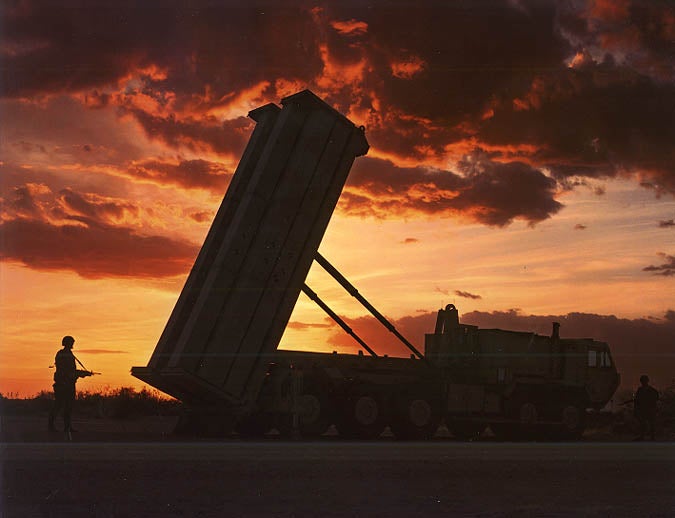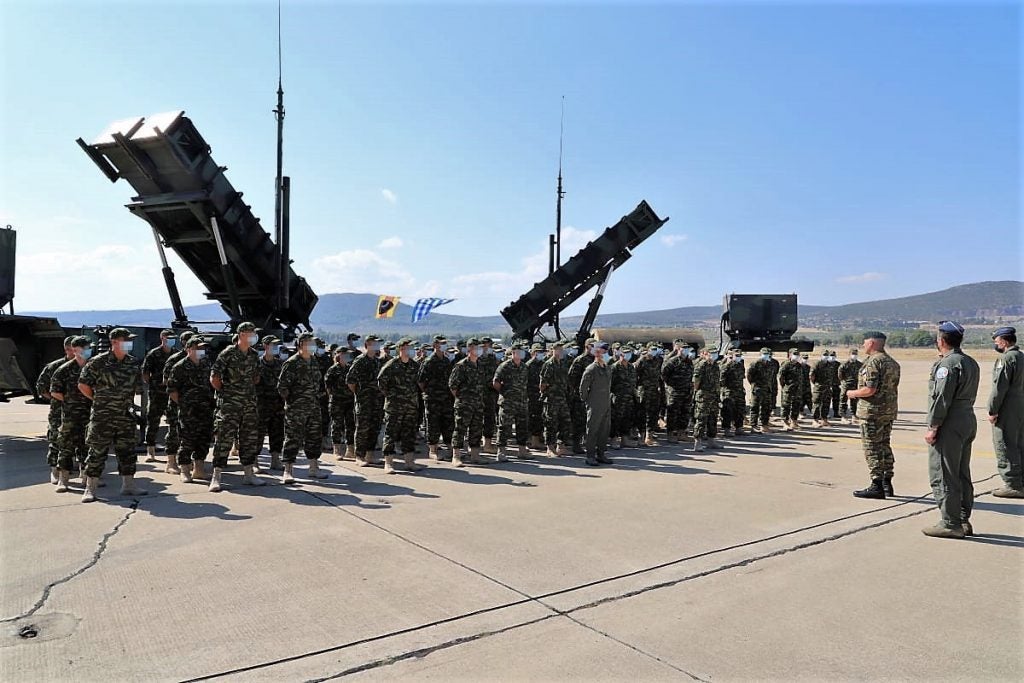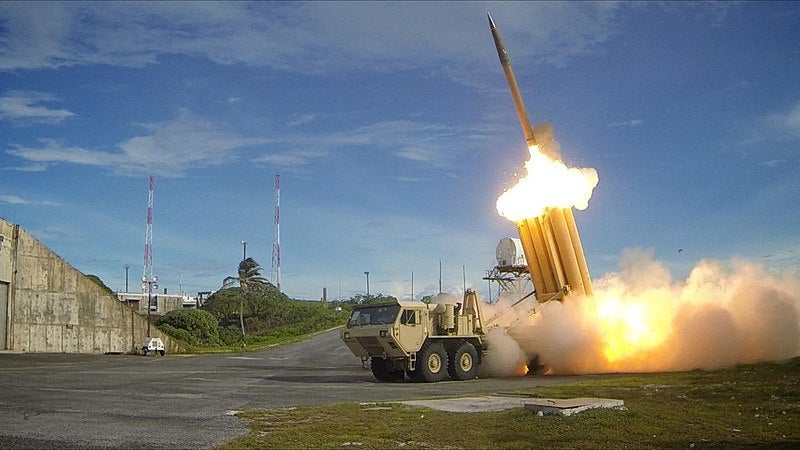The US Approves Sale of Patriot Air Defense Missiles to Saudi Arabia and THAAD Anti-Ballistic Missiles to the UAE
The U.S. Department of State has authorized the sale of up to $3 billion worth of Patriot missiles to Saudi Arabia and up to $2.2 billion worth of THAAD missiles to the UAE, according to a report from the U.S. Defense Security Cooperation Agency (DSCA). The timing of two separate potential foreign military sales, with a combined value of more than $5 billion, occurred amid US negotiations with Iran over the nuclear deal, which was also noteworthy.
The first sale in question consists of 300 Patriot MIM-104E Guidance Enhanced Missiles (GEM-T) systems to be used in the PATRIOT Long Range Air and Missile Defense System in the Saudi Arabian Army’s inventory, along with tools, test equipment, technical equipment, training, spare parts, repairs, transportation and quality teams, teams providing engineering and logistics support services, and teams providing monitoring programs.

Regarding the sale, for which Raytheon will be the prime contractor, the Pentagon-affiliated Defense Security and Cooperation Agency (DSCA) announced in a statement, “The proposed sale will improve the Kingdom of Saudi Arabia’s capability to meet current and future threats by replenishing its dwindling stock of PATRIOT GEM-T missiles. These missiles are used to defend the Kingdom of Saudi Arabia’s borders against persistent Houthi cross-border unmanned aerial system and ballistic missile attacks on civilian sites and critical infrastructure in Saudi Arabia. These attacks threaten the well-being of Saudi, International, and U.S. citizens (approximately 70,000) residing in the Kingdom. The Kingdom of Saudi Arabia will have no difficulty absorbing these missiles into its armed forces.”
The second sale involves 96 THAAD Anti-Ballistic Missiles, two Launch Control Stations, two Tactical Operations Stations, spare parts, test equipment, technical documents, cryptology equipment, repair, return, and integration services to the UAE army, the first foreign customer of the THAAD system.

According to the DSCA, the approved sale will improve the UAE’s ballistic missile defense capabilities and reduce its dependance (operationally) on US forces in this regard. Lockheed Martin will be the prime contractor if the contract is signed.
The Houthis, who have been fighting Yemeni government forces for about 7 years with the help of Iranian weapons and unmanned aerial vehicles, are frequently launching missile and unmanned aerial vehicle attacks against Saudi Arabia and the UAE, which support the government forces in the conflict. To counter these unmanned aerial vehicle threats, Saudi Arabia and the UAE employ Patriot and THAAD anti-ballistic missile defense systems. The cost of the equipment used by the Houthis in their large-scale attacks on Saudi Arabian and UAE territory, on the other hand, does not exceed several thousand dollars and is easily produced. The cost of a single missile of the systems used by Saudi Arabia and the UAE to prevent these attacks, on the other hand, is around a million dollars. In this equation, Saudi Arabia and the UAE suffer significant financial losses as well as missile stock issues.
These issues faced by Saudi Arabia and the UAE were exacerbated last summer when the US Central Command withdrew certain forces and equipment, particularly air defense assets, from Saudi Arabia, Kuwait, Iraq, and Jordan in the Middle East. During this time, Saudi Arabia frequently stated that it wanted to purchase “hundreds” of missiles from the United States, but the Joe Biden administration announced that it had temporarily halted some arms sales to Saudi Arabia, which had come under fire for civilian casualties in Yemen and the murder of Jamal Khashoggi. In this context, Greece dispatched a Greek Patriot battery and more than 120 Greek Armed Forces personnel in September 2021, to protect the kingdom’s critical energy infrastructure from Houthi militia missile attacks.

However, Biden’s recent trip to the region resulted in a significant breakthrough in US relations with Saudi Arabia and the United Arab Emirates. Biden has stated that the US will strengthen ties with Middle Eastern countries, “especially against Iranian threats”, and he seems to be keeping his word. Apart from the fact that the US and the Gulf Cooperation Council (GCC) countries share a common view on the Iranian threat, these sales were also approved so that the Riyadh and Abu Dhabi administrations do not consider alternative options such as China and Russia for new defense and armament systems if American equipment cannot be obtained.

